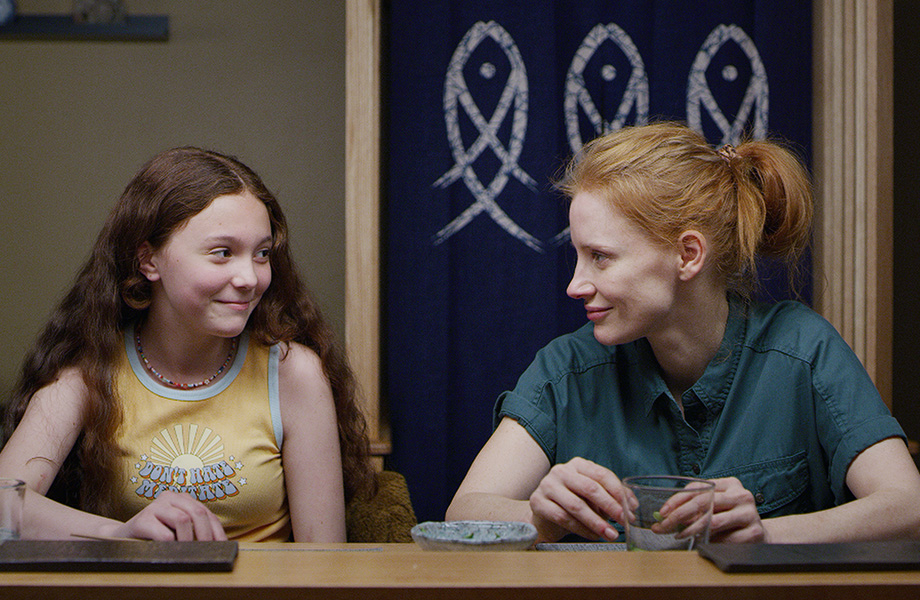Memory

Mexican filmmaker Michel Franco often darkly depicts the complex dynamics within dysfunctional families. That one of the protagonists in his latest film, Memory, has early onset dementia is by no means a red flag that this will be a hackneyed disease-of-the-week movie. Dementia has been a common theme in many recent films (Still Alice [2014] and The Father [2020] being good examples), sometimes to potent effect, though audiences’ resistance to the well-worn subject may be understandable. No such trepidation is required in the case of Memory. Franco is not one to tread familiar ground or to pursue the obvious.
Continue reading for only $10 per month. Subscribe and gain full access to Australian Book Review. Already a subscriber? Sign in. If you need assistance, feel free to contact us.















Leave a comment
If you are an ABR subscriber, you will need to sign in to post a comment.
If you have forgotten your sign in details, or if you receive an error message when trying to submit your comment, please email your comment (and the name of the article to which it relates) to ABR Comments. We will review your comment and, subject to approval, we will post it under your name.
Please note that all comments must be approved by ABR and comply with our Terms & Conditions.